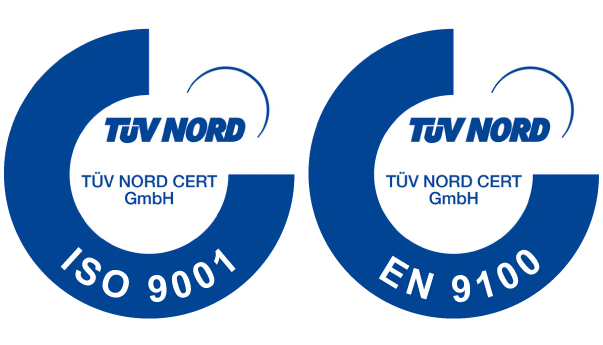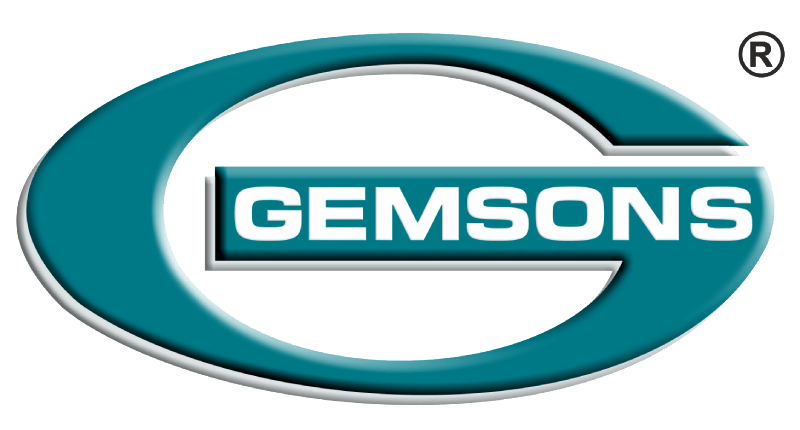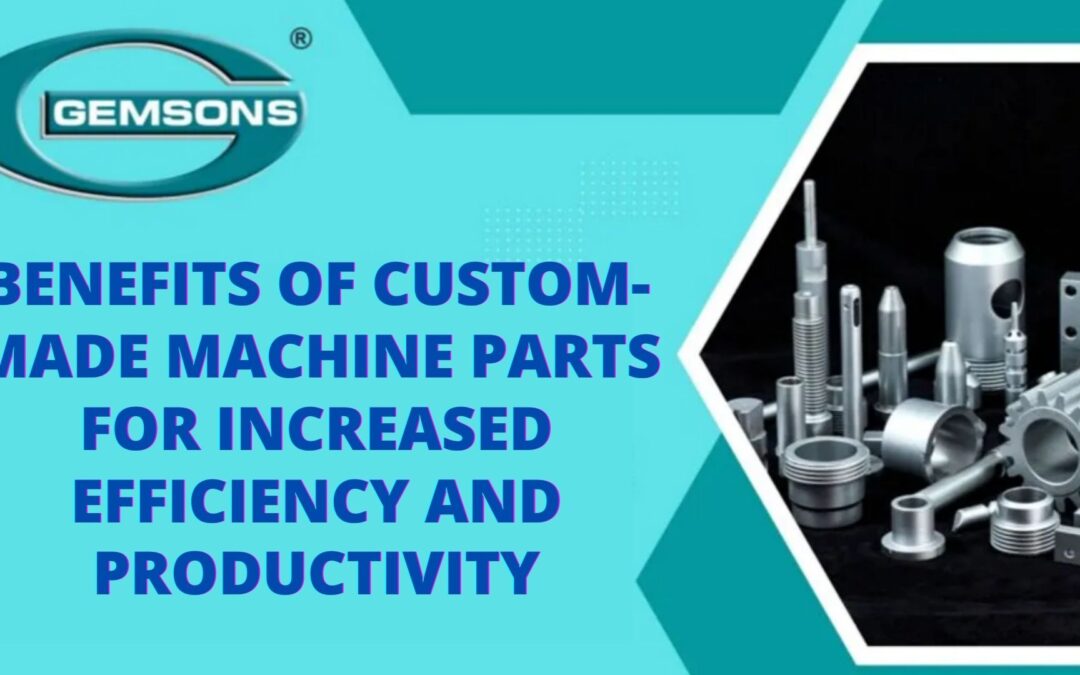India’s economy heavily depends on material handling. Almost every industry relies on some kind of custom-made machine parts. Consumers also. The handling of materials used in production and distribution across industries—from food processing to aircraft and automobile producers—must be effective if we are to meet customer demands.
Profitable production and distribution depend on efficiency. Except for some needs that are particular to your circumstance, your company goals are similar to those of most people. Your material handling needs may necessitate a specific application that is unavailable in commercially available products. Custom material handling solutions come into play here.
A few decades ago, a business had two choices if it wanted to manufacture its own goods. They could either make their stock in-house, which would be pricey, or contract with a different company.
Back then, outsourcing was challenging, and to ensure that any manufacturing issues could be fixed immediately, a company would need to have a tight relationship with its manufacturer. Many of these problems need to be solved with custom production.
But what is custom manufacturing exactly, and why is it so beneficial?
Although there were initial difficulties with manufacturing during the first significant industrial boom, many businesses worldwide have struck a healthy balance between creating their products in-house and using outside organizations to complete the work. This is especially useful if you require made-to-order items or parts.
In the end, that is what custom manufacturing is all about. It entails product engineering, design, and construction in accordance with a certain set of requirements, such as:
- Built-to-order parts
- One-off runs
- short runs of production
- mass personalization
Although mass production and even internal manufacturing have their advantages, custom manufacturing offers benefits that much outweigh those of the other two techniques. For managing material variances, shifting design specifications, and distinctive finishing options, GEMSONS as a service for custom-made machine parts is incredibly helpful.
Benefits of Custom-Made Machine Parts for Increased Efficiency and Productivity
Effecieny
Efficiency is a key edge. When material handling equipment is specially made, its precise efficiency goal can be identified. The item is expertly crafted to complete every task it needs. There is no better approach to attain optimal efficiency than by determining your equipment demands for material handling and having it operate perfectly as required.
Cost-Effectiveness
Another key benefit of specialised equipment is its cost-effectiveness. Cost-effectiveness must be considered in the overall scheme of things. Return on investment is the key. Custom-designed and built material handling equipment may cost more upfront, but it will operate more efficiently overall. Faster throughput and cheaper labor and material overhead costs result from this.
Greater precision
By nature, custom manufacturing options are more precise than most traditional production techniques. This is because there is no waste and every product, regardless of size, shape, or material, is created exactly.
Additionally, you get to deal with a group of professionals who are extremely knowledgeable and capable of producing cutting-edge items through superior high-quality machining.
Improved Design
Mass production has its constraints, whereas specialized manufacturing offers more latitude. In contrast to other forms of production, the manufacturer is free to employ any material or technology they choose, provided they have the necessary skills and knowledge to produce the product.
This enables the creation of a wider range of products, whether entirely new or upgraded. Creating “the next big thing” in the market may benefit substantially from this.
Higher Productivity
There is reduced waste and manufacturing failure since custom handling machines produce precise, high-quality products. By doing this, you can avoid having to go back and redo a design, which can increase productivity for your company. There is always a chance that prefabricated pieces won’t fit or function properly.
Custom manufacturing ends this cycle by immediately meeting the needs. Prototyping, which can help to identify potential problems at the beginning of a project, is the sole method that can help with this.
Quality
Automated production lines frequently manufacture components with errors or flaws, which might only be found once the product is distributed.
All custom-made machine parts at the GEMSONS undergo a rigorous quality control process to guarantee they satisfy our customers.
Greater precision of the parts is a result of quality control. There won’t be any shape or size variations, as there might be with components created using conventional manufacturing techniques.



Recent Comments